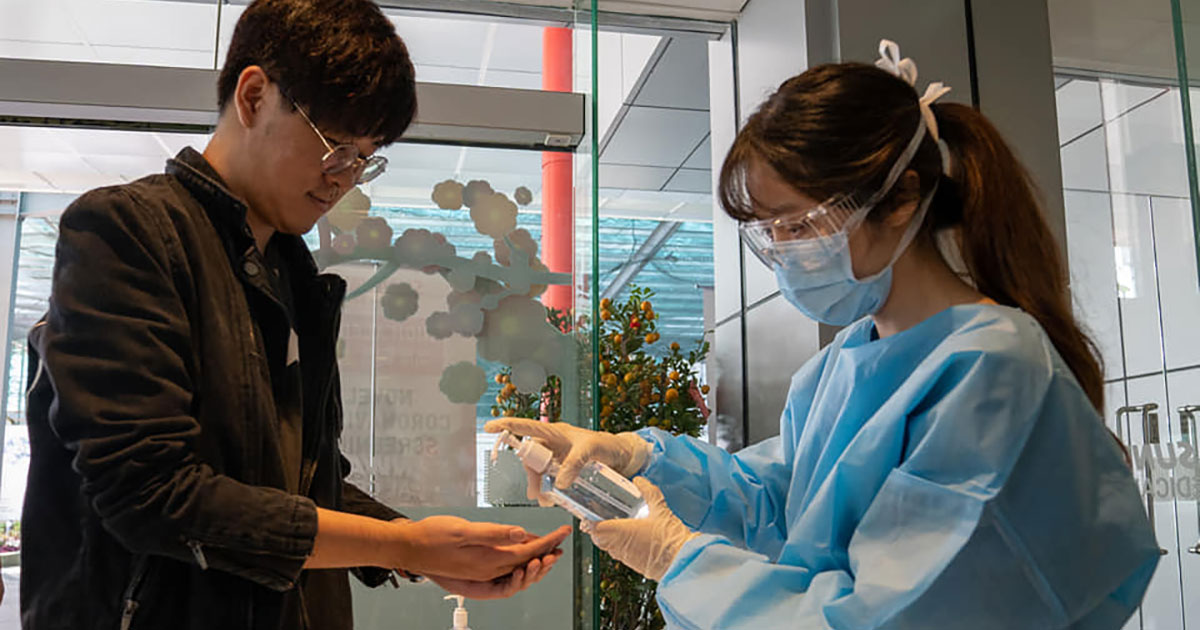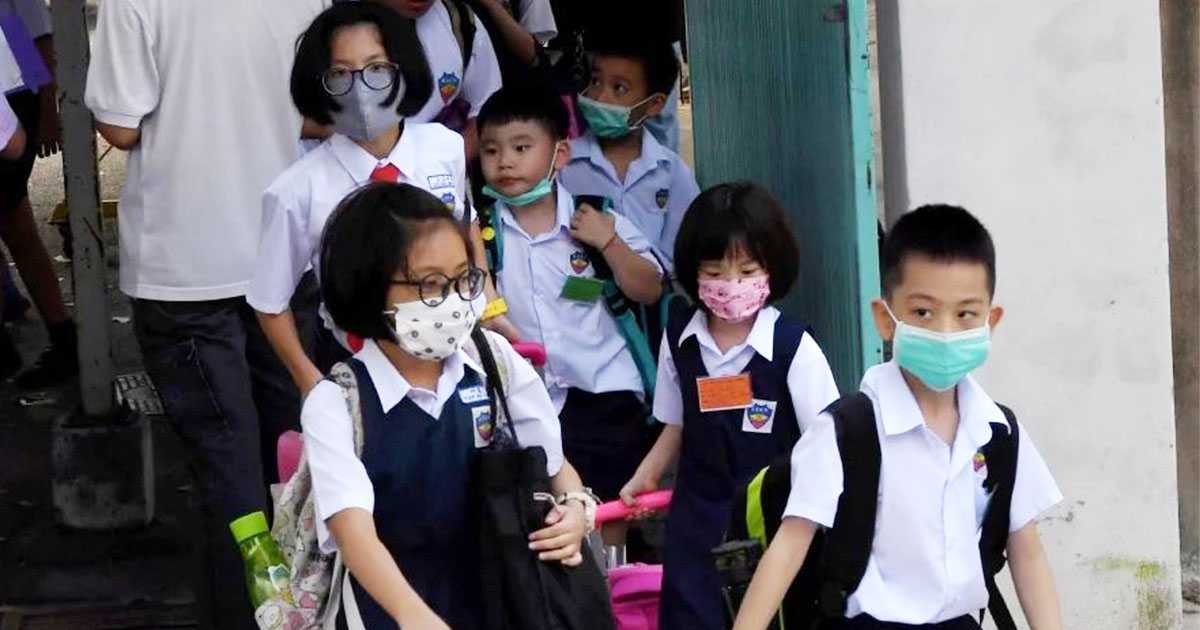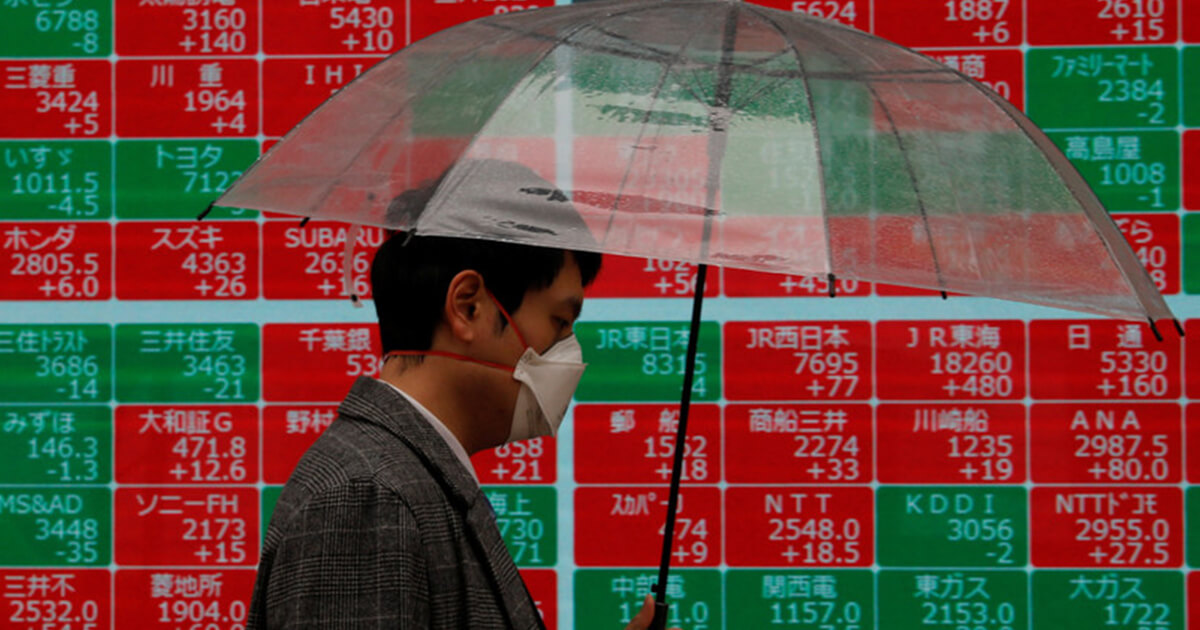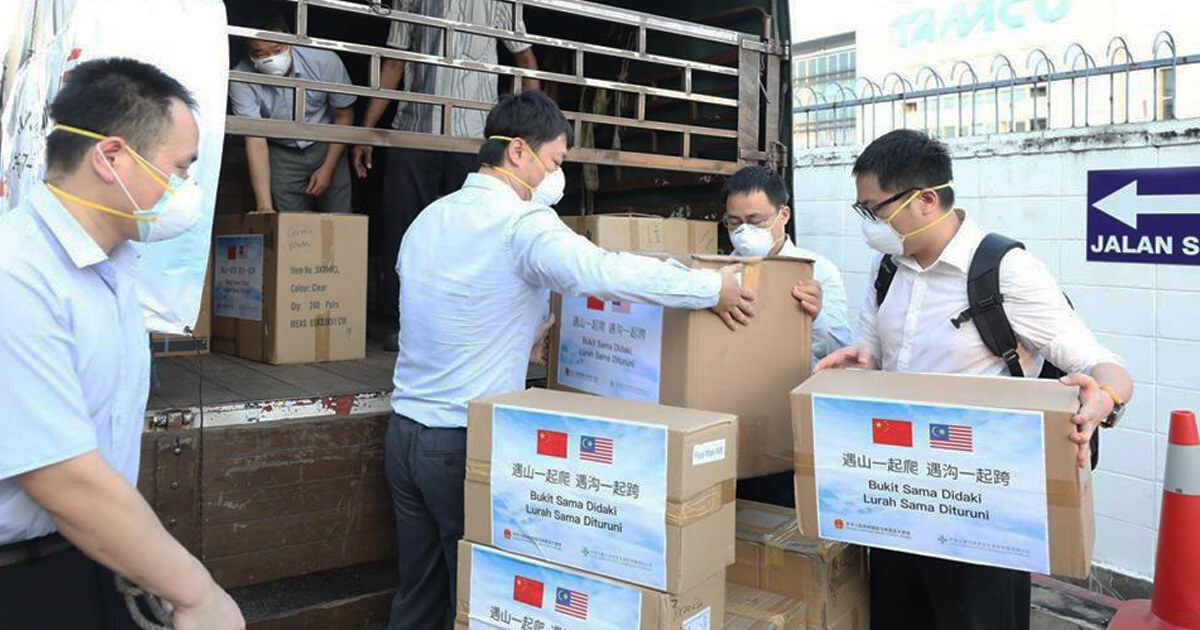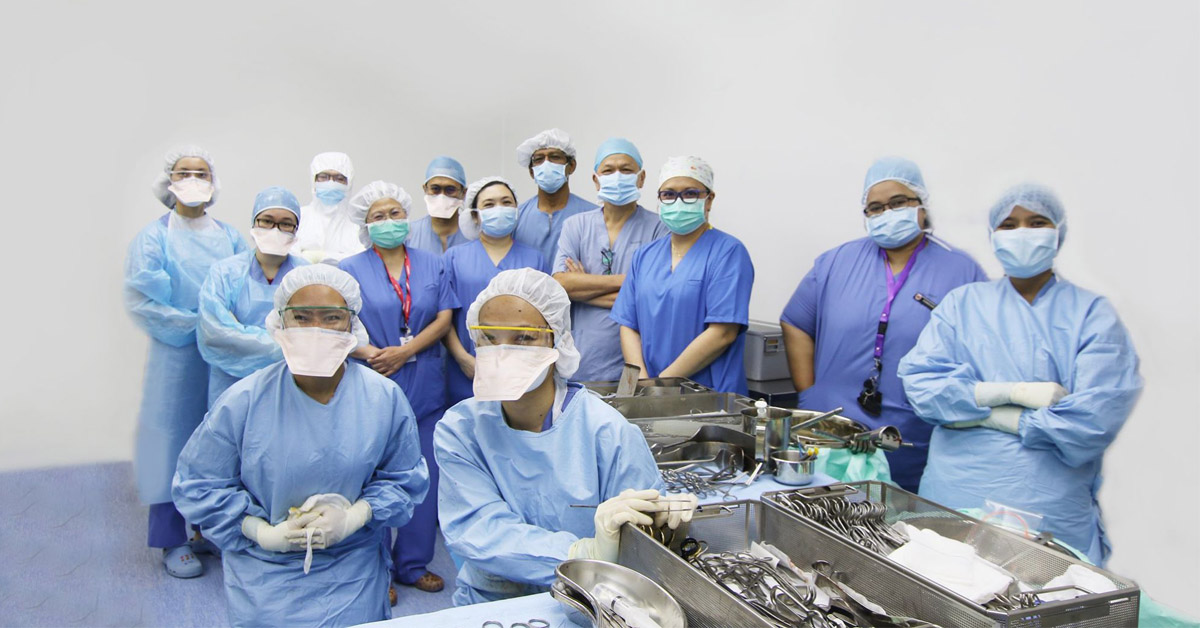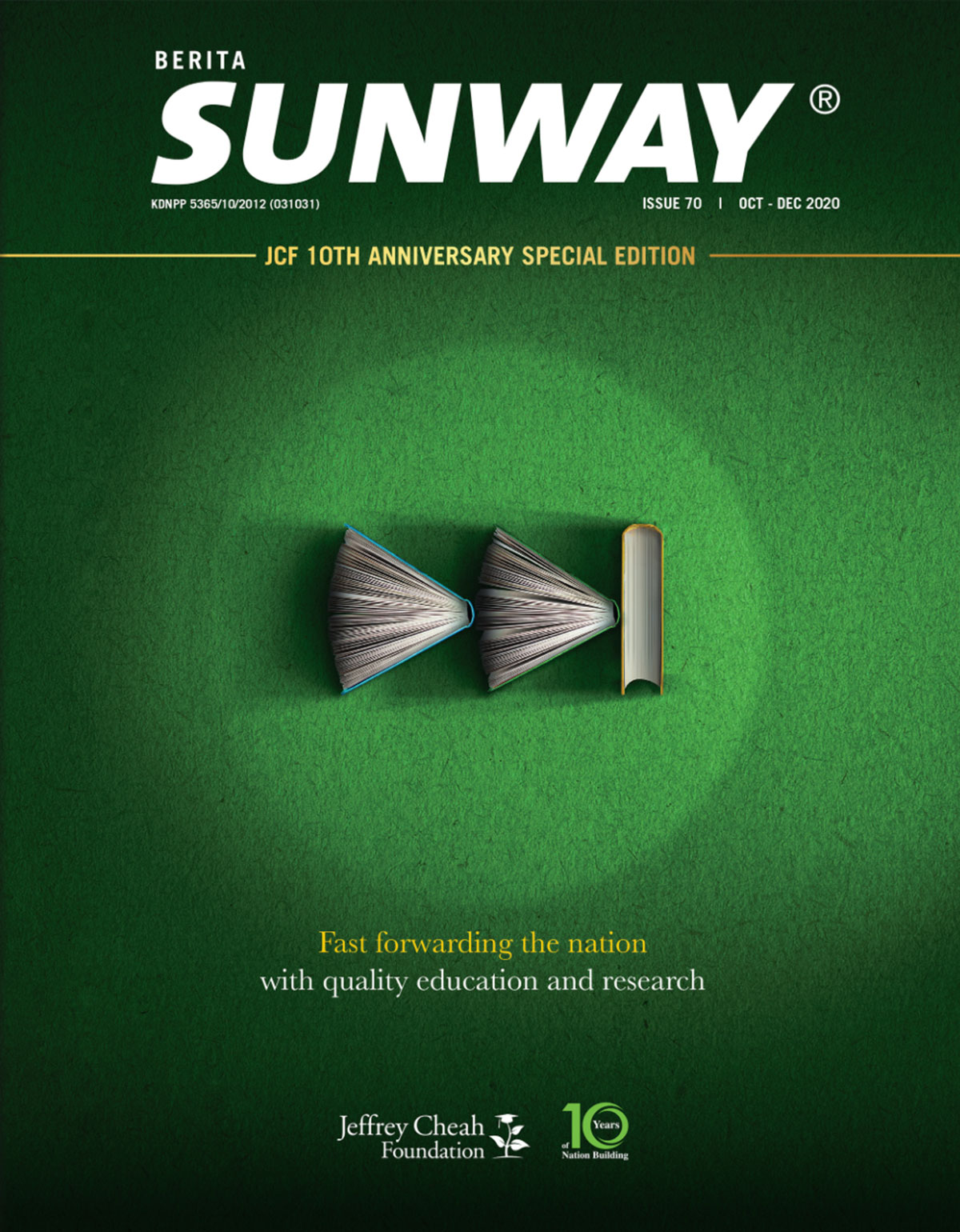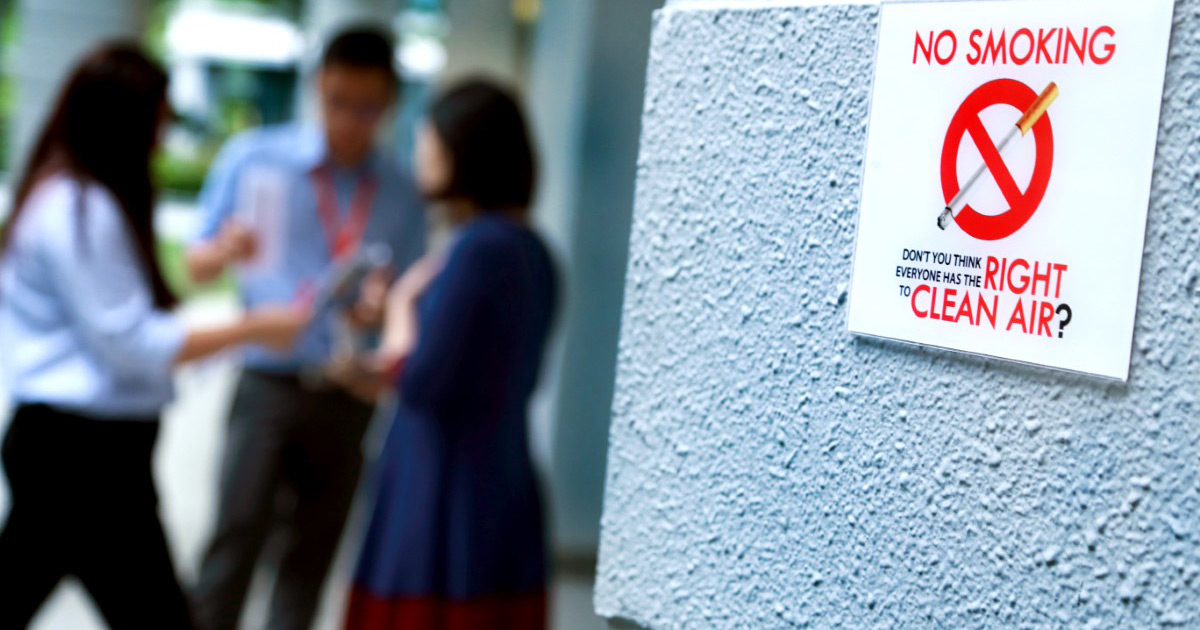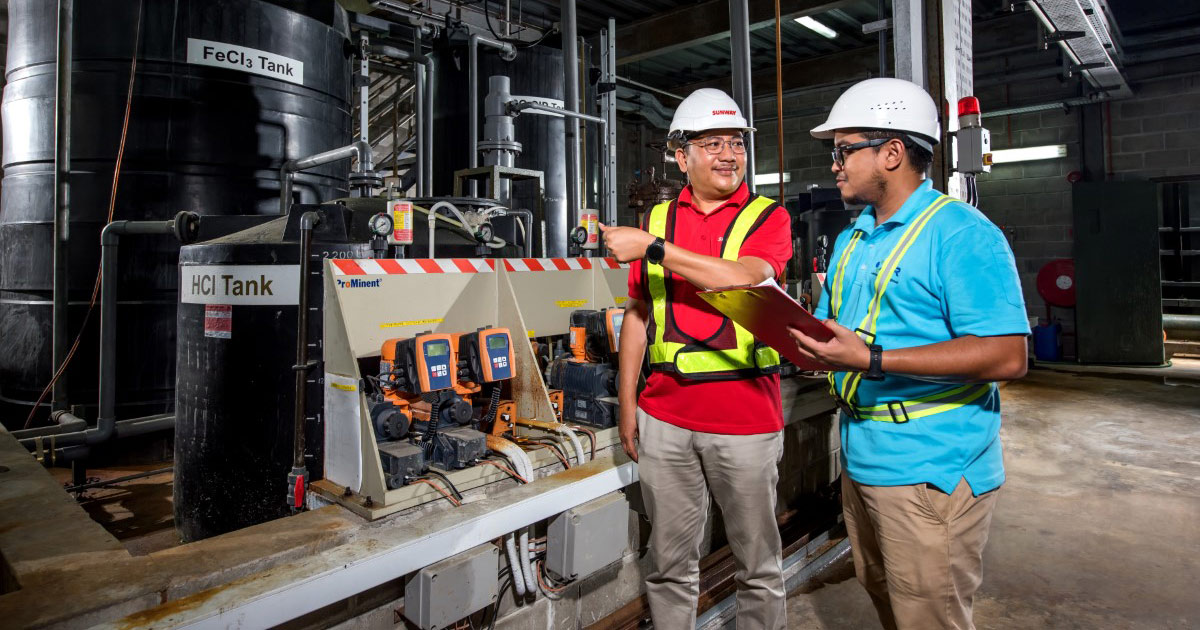COVID-19: What Can you Do to Protect Yourself
-
Currently there is no vaccine to prevent the mysterious 2019-novel coronavirus (recently named COVID-19) but the best way to prevent infection is to limit or avoid exposure to this virus.
If you have been reading the news lately, you have surely heard of the mysterious COVID-19, first detected in Wuhan, China. It’s a new strain of coronavirus that has infected more than 40,000 and killed at least 1000 people in over 25 countries, mostly in China as of 11 February.
The Malaysian Ministry of Health has confirmed that there are currently 18 confirmed cases, with 12 of them being China nationals and six Malaysians, including its first locally-transmitted case as of 11 February.
This new strain of of coronavirus was recently named COVID-19.

Credit: World Health Organization
What is COVID-19?
First reported in Wuhan, China, COVID-19 is part of the family of coronaviruses, a large family of viruses that may cause illnesses ranging from the common cold to more severe diseases such as Severe Acute Respiratory Syndrome (SARS-CoV). The source of COVID-19 has yet to be identified by experts, but is reported to be part of a family of pathogens that cause respiratory illness in birds and mammals.
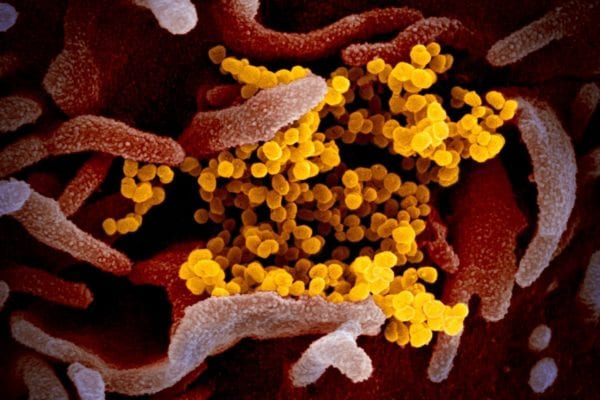
Credit: Global Biodefense
Should I worry about catching this virus?
While there is currently no vaccine to prevent COVID-19, the best way to prevent infection is to limit or avoid exposure to this virus. So unless you have been in close contact with someone who has contracted the virus, you are likely to be safe.
How do I keep myself protected?
1. Wash your hands frequently with soap or rub your hands with hand sanitiser
Like the common cold and flu, COVID-19 may spread via droplets when infected patients cough or sneeze. People get infected when they unknowingly touch a surface that has these droplets and then touch their mouth, nose or eyes.
Therefore, it is important that you wash your hands frequently with soap or rub it with a hand sanitiser. Avoid touching your mouth, nose or eyes unnecessarily with unwashed hands.
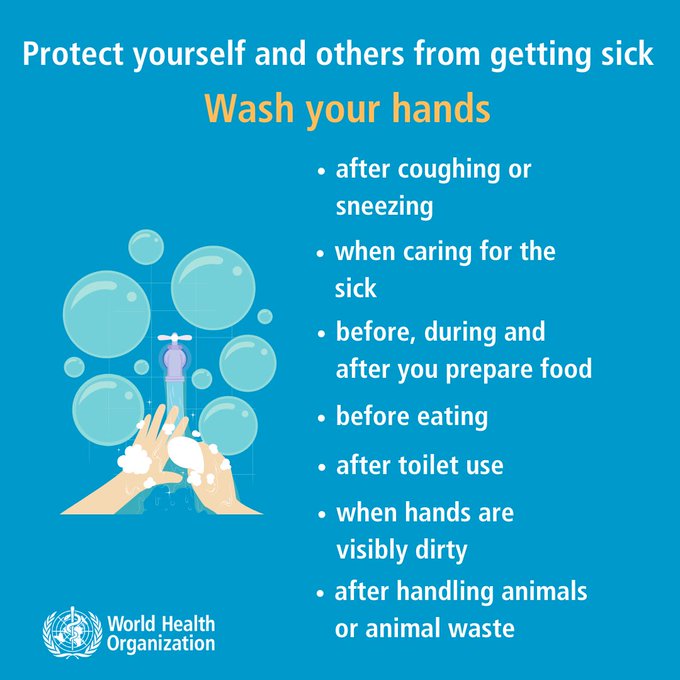
Credit: World Health Organization
2. Carry your own hand sanitiser to make frequent cleaning of hands easy
Sanitise regularly when you are out and about, especially in public places such as busy airports, tourist places and shopping malls.
3. Avoid consuming raw or undercooked animal products
Reports say that COVID-19 and the SARS outbreak in 2003 had likely started in wet markets in China.
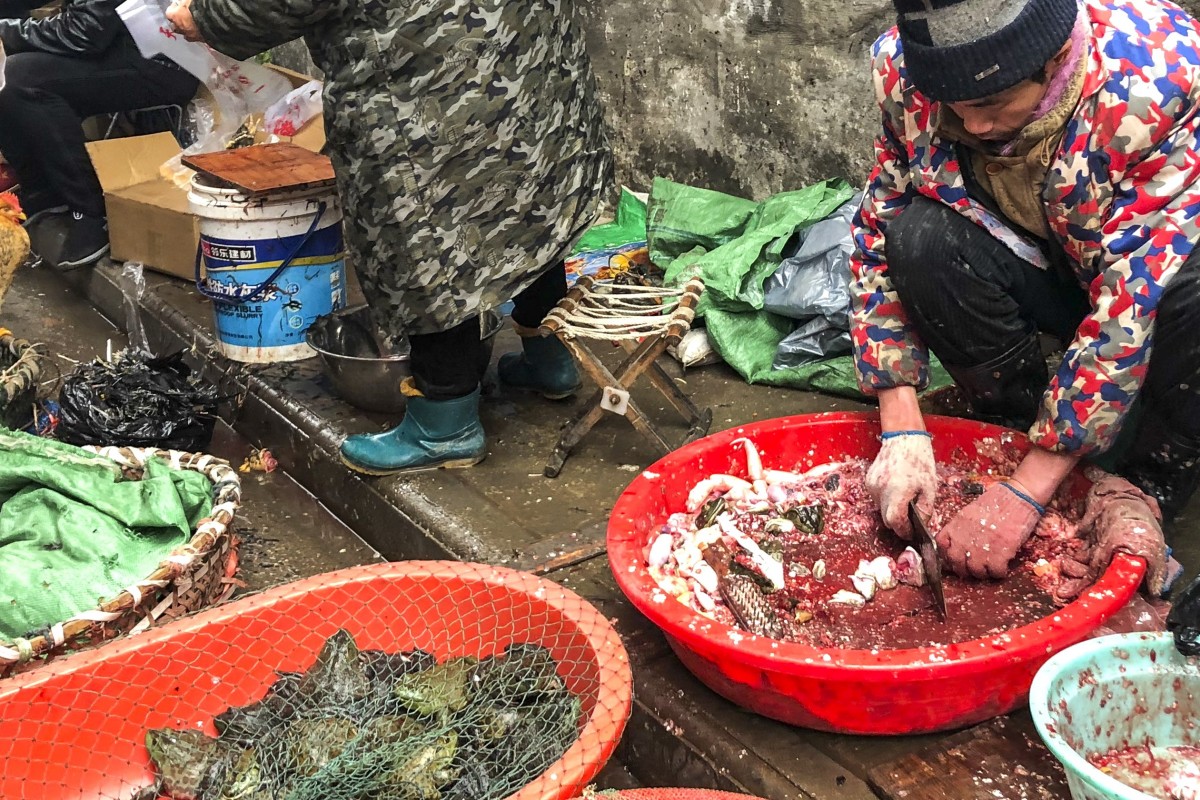
Credit: South China Morning Post
Poorly regulated and unhygienic, wet markets usually sell carcasses and live wild animal from bamboo rats to ostriches, baby crocodiles and hedgehogs.
4. Stay away from people who have symptoms of respiratory tract infection
Those who have contracted COVID-19 are reported to suffer coughs, fever and breathing difficulties. Some may even have gastrointestinal symptoms such as diarrhea.
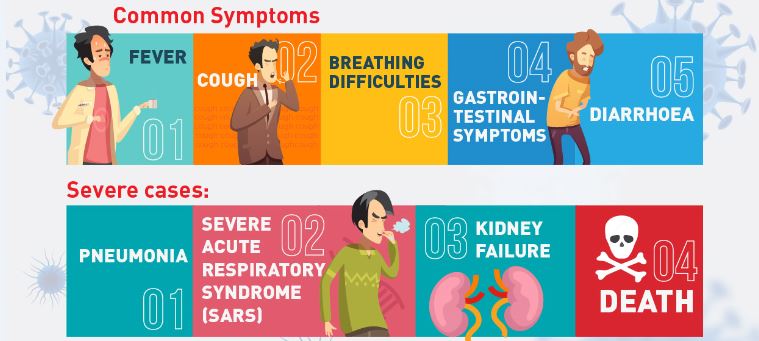
Credit: Sunway Medical Centre Since the virus is transmitted from one person to another, avoid close contact with those who have runny nose, coughing and sneezing.
If you are displaying symptoms, wearing a face mask may help prevent you from spreading the virus to others.
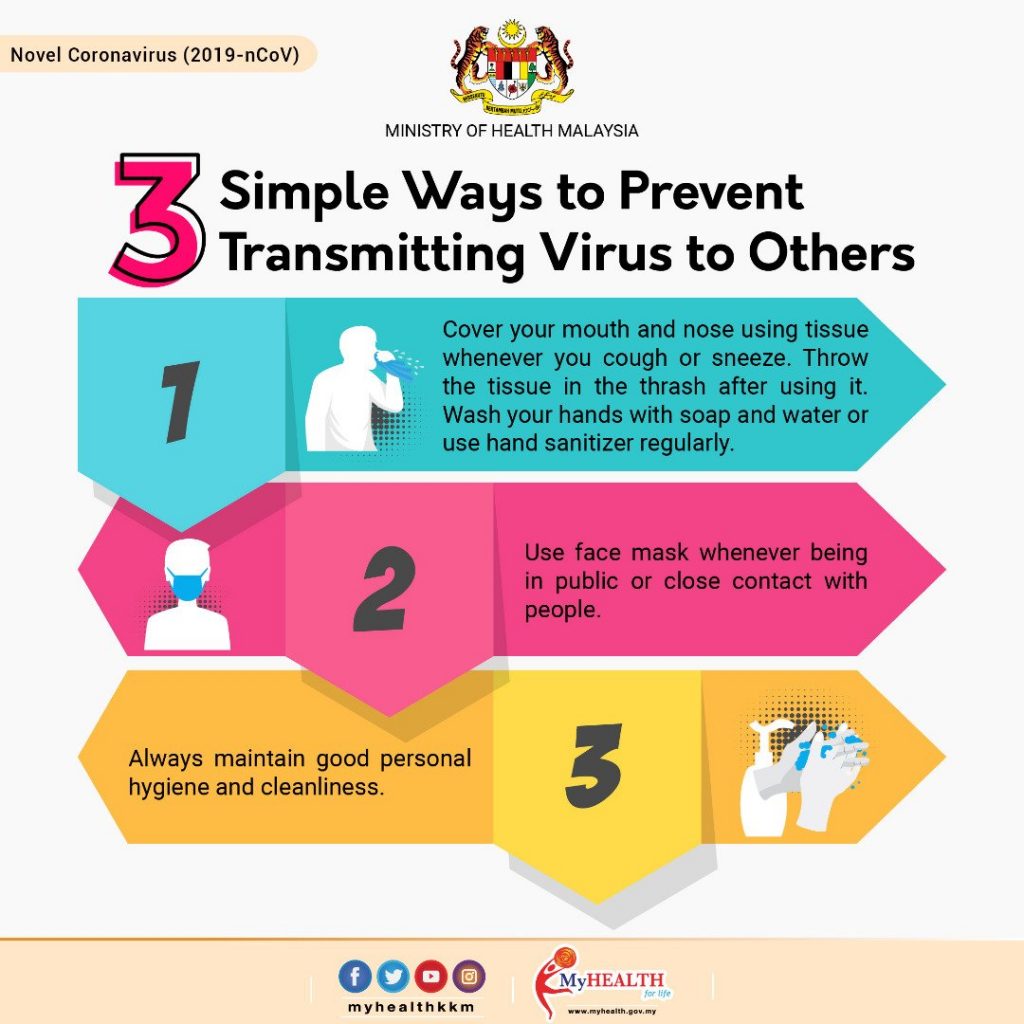
Credit: Kementerian Kesihatan Malaysia
Please consult your healthcare provider if you are just back from China and/or displaying flu-like symptoms.
Stringent precautionary measures at Sunway Medical Centre to ensure a safe hospital environment for everyone in light of the recent outbreak of COVID-19
This article is brought to you by Sunway Medical Centre.













